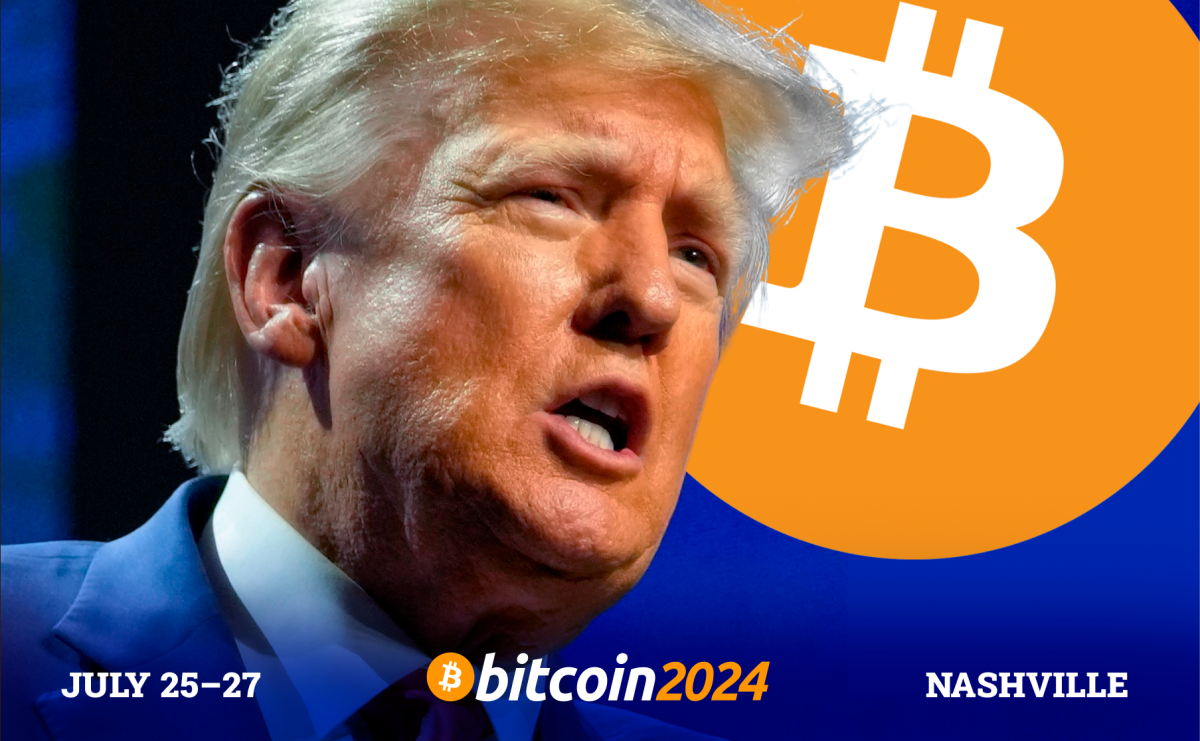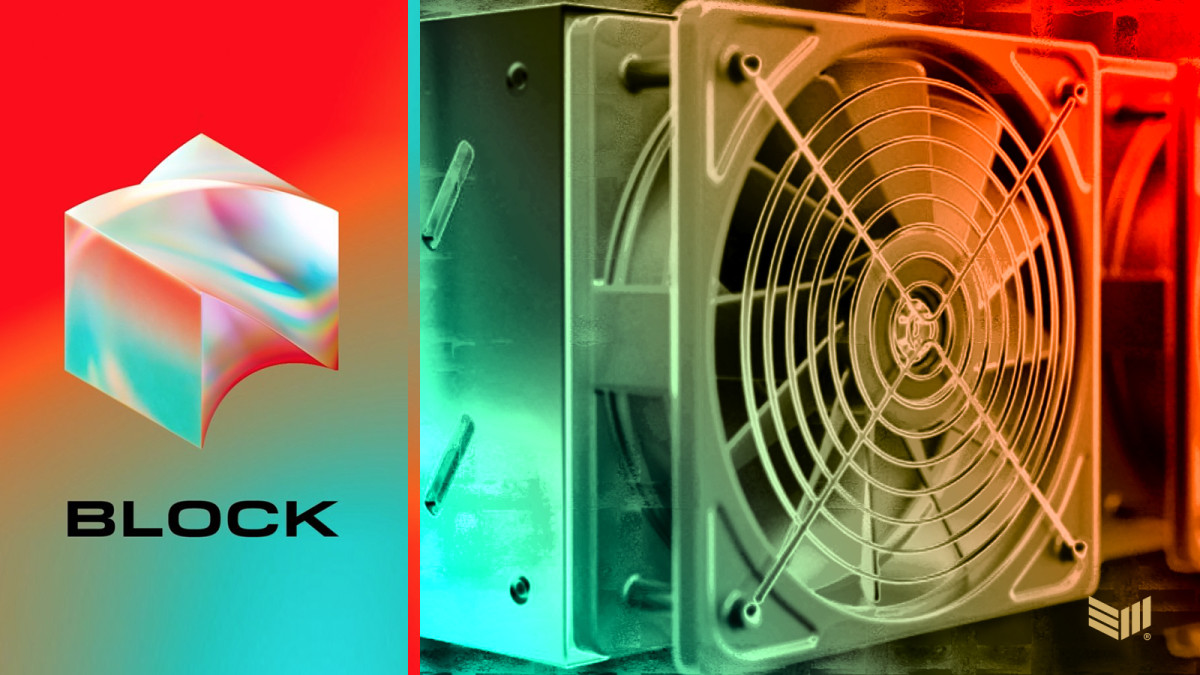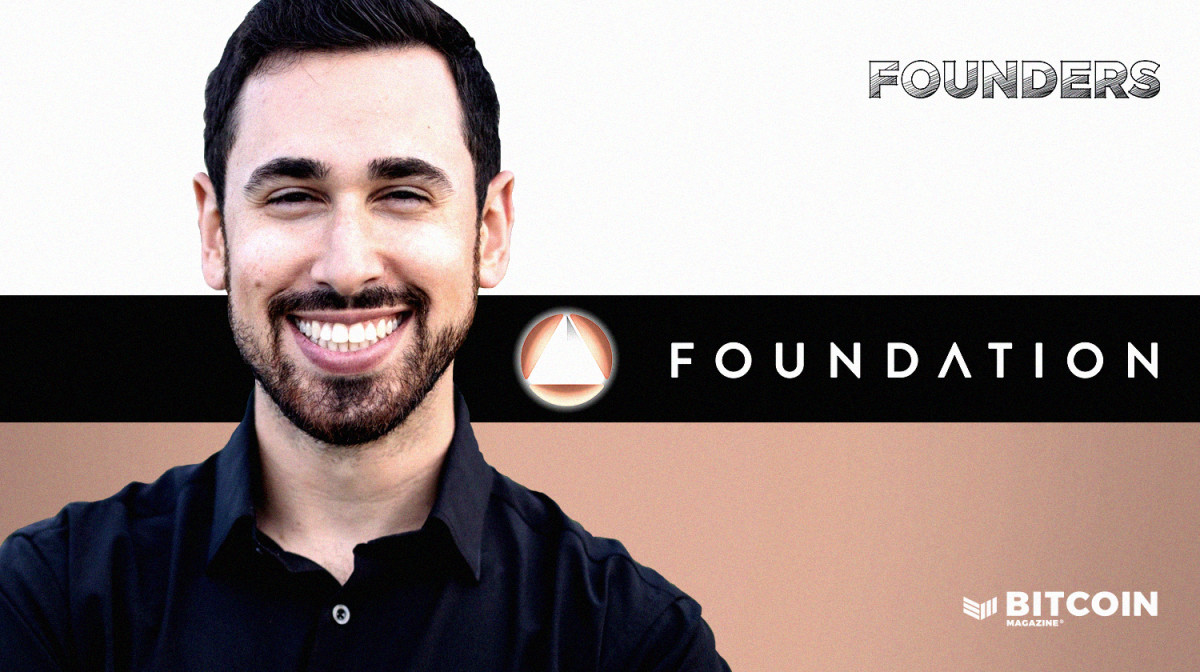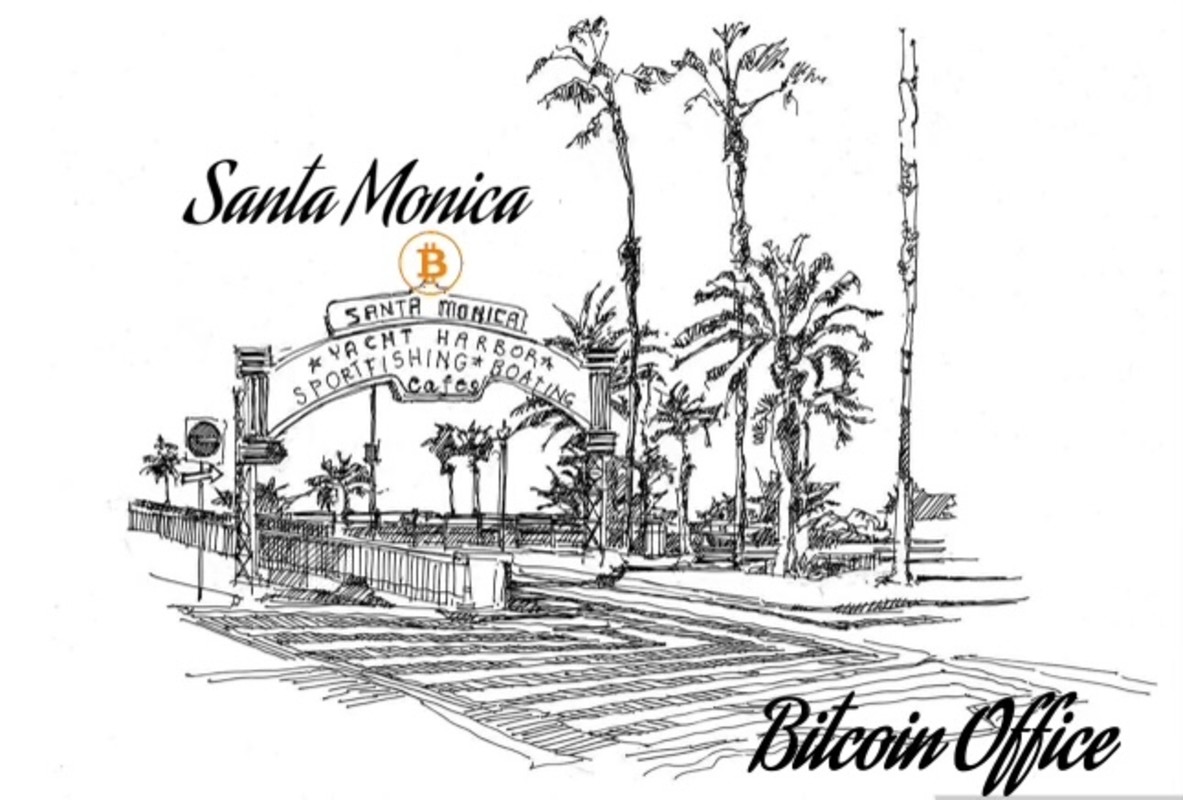Month: July 2024
Dollar slips ahead of CPI release; pound gains after GDP strength
Post Content
Asia FX rises as dollar loses ground before CPI report
Post Content
Donald Trump To Speak at Bitcoin 2024 Conference in Nashville
President Donald Trump has been officially announced as a speaker at Bitcoin 2024, the world’s largest Bitcoin conference, taking place in Nashville, Tennessee, July 25-27. This announcement marks a significant milestone for the event, which has earned a reputation for historic news and major industry announcements.
ANNOUNCING: PRESIDENT DONALD J. TRUMP TO SPEAK AT #BITCOIN2024 pic.twitter.com/F2mwECVMTW
— The Bitcoin Conference (@TheBitcoinConf) July 10, 2024
Bitcoin 2024 is set to build on the success of the previous three conferences held in Miami. Bitcoin 2021 made headlines when El Salvador’s President Nayib Bukele declared Bitcoin legal tender. Bitcoin 2022 and Bitcoin 2023 continued the tradition, with notable moments including U.S. Presidential candidate Robert F. Kennedy Jr.’s powerful speech in support of the Bitcoin industry at Bitcoin 2023.
This year, the conference’s move from Miami to Nashville reflects its growing prominence. With two U.S. Presidential candidates, Robert F. Kennedy Jr. and Donald Trump, both slated to speak, Bitcoin 2024 is poised to be a pivotal event, potentially shaping the future of Bitcoin and cryptocurrency policy in the U.S.
The inclusion of Donald Trump as a speaker is particularly notable given his recent commitments to the Bitcoin community. Last month, Trump met with major U.S. Bitcoin miners, including representatives from CleanSpark, Riot Platforms, and more, pledging his support for Bitcoin mining both on the global stage and in Washington, D.C. In May, Trump said he would ensure that the future of Bitcoin and crypto will be made in the USA, while also promising to protect the right to self-custody to the nation’s 50 million crypto holders, if elected president.
As Trump vies for the presidency, his backing of Bitcoin contrasts sharply with the stance of his opponent, President Joe Biden, who has been less favorable towards the cryptocurrency industry. With Biden yet to confirm his participation at Bitcoin 2024, the event may highlight the stark differences in the candidates’ approaches to Bitcoin.
For more information on the Bitcoin 2024 conference, visit the event’s website below, and get 10% off tickets by using the code BM10.
Use code BM10 for 10% off Bitcoin 2024 tickets
Bitcoin Magazine is owned by BTC Inc, which also owns and operates the world’s largest Bitcoin conference, The Bitcoin Conference.
London leads Europe on new FDI while much of UK sees drop, survey shows
Post Content
More Samourai Devices Seized: Bitcoin Privacy Activist Appears In Court Ahead of Bail Release
Today marked the first public court hearing in the US Department of Justice’s (DoJ) case against Samourai Wallet developers William Lonergan Hill and Keonne Rodriguez since May 28, 2024, when Rodriguez appeared in court for the first hearing on the case.
I attended the hearing for William Lonergan Hill (TDevD/@SamouraiDev) in the Southern District of New York on behalf of @BitcoinMagazine today.
Here’s what I learned: #FreeSamourai #WhereIsTDevD #SamouraiWallet pic.twitter.com/VtZdQd4IJu
— Frank Corva (@frankcorva) July 10, 2024
Hill appeared in the courtroom after his uncontested extradition from Lisbon, Portugal, where he currently resides.
The prosecution did most of the talking in the hearing.
It shared the following information:
Hill had been arraigned the day before, on July 9, 2024It had seized 27 electronic devices from Hill in PortugalIt will produce discovery to Hill once the FBI has extracted and reviewed the information on said devices It has already produced discovery to Rodriguez, Hill’s former partner at Samourai and co-defendant in the caseHill will be released on bail, though no dollar amount for the bail was mentioned
The main point that the defense, composed of attorneys Roger Burlingame and Jeffrey Brown, made in the hearing was that Hill waived his right to extradition before he was arraigned on extradition charges.
Key Terms Of Hill’s Bail
The first key term of Hill’s bail is that he will be permitted to live in Lisbon, Portugal as the case proceeds. Burlingame requested this in a letter he submitted to the court on July 3, 2024. Hill will have to return to New York when he’s required to be in court.
A second key provision of Hill’s bail is that he will be required to wear an ankle bracelet while living in Portugal on bail. The prosecution noted that the FBI would monitor the ankle bracelet in a discussion between the prosecution and defense after the official hearing had ended.
The Next Hearing
The case will proceed on September 10, 2024 at 12:00 PM ET, rescheduled from September 4, 2024.
The prosecution said it plans to produce discovery by the next court date.
EIA Bitcoin Mining Data Collection Webinar: A Summary of the Discussions
Today’s webinar hosted by the Energy Information Administration laid out their plans for future efforts on data collection surveys targeted at Bitcoin mining operations based in the United States after an agreement was reached the 1st of March this year to cease the prior emergency survey and destroy all records collected during its operation.
They have clarified that currently no outstanding survey attempt exists on the Federal Registrar or is in motion at this time, and the purpose of the webinar was to seek feedback from members of the public and participants in the ecosystem on the types of information they could collect, what types of data has already been collected that could be valuable to them, and what important factors they should be taking into account when formulating a future survey.
They reiterated that two major challenges they face in attempting to gain a clearer picture of the state of Bitcoin mining in the United States were the difficulty in identifying mining operations amongst general energy consumers on the grid, as well as the ability for mining operations to rapidly relocate to areas with lower electricity prices making it difficult to keep track of the current state of operations.
Currently they plan to initiate the process of starting a survey sometime this year, potentially this quarter, and plan to incorporate any feedback industry participants and other members of the public are willing to offer in structuring the survey.
A number of industry members participated in the webinar: Thomas Mapes of the Digital Energy Council, Michael Postupak of the Blockchain Association, Margot Paez of the Bitcoin Policy Institute and Georgia Tech, Jayson Browder of Marathon Digital Holdings, Lee Bratcher of the Texas Blockchain Council, and others.
All the speakers reiterated that Bitcoin mining can be a net positive in its effects on energy infrastructure, particularly in helping facilitate demand response programs to free up electricity during periods of high demand spikes by regular consumers, and in the build out of more renewable energy production capacity by soaking up excess production when there is no other source of demand during times of surplus electricity.
Lee Bratcher specifically brought up the issue of Bitcoin miners being specifically singled out for a survey targeted solely at them, and broached the idea of expanding the survey to incorporate data centers in general, specifically distinguishing between data centers that are inflexible and must remain powered up consistently and flexible data centers that can dynamically power down in response to the needs of consumers or grid operators.
This was seconded by Jayson Browder as a source of hesitance and skepticism from mining operators in the industry as to why they were being singled out as a target of the survey.
Dennis Heidner, a member of the public attending the webinar, brought up his concern that the capital investment of miners might actually disincentivize miners from powering down their operations during times of high demand. This was a concern posed to the EIA in structuring future surveys as a factor to consider, given that miners still must work to make back their hardware investments and curtailing operations results in loss of revenue during that time period.
Margot Paez suggested the idea of Georgia Tech partnering with Lawrence Berkely National Laboratory, where researcher Arman Shehabi is currently conducting research on AI and data center energy consumption. Her rationale was that research is already ongoing to collect the type of data the EIA is seeking in their surveys, and given the relationships she has developed within the mining industry, and the relevance of datacenter power consumption to the EIA’s general concern about Bitcoin mining, this partnership could combine already existing research to address the EIA’s needs.
This would also allow an impartial non-governmental group to handle the actual data collection itself, working to anonymize the data itself while still providing the EIA with an accurate view needed to inform policy decisions without compromising the privacy of mining operations within the space.
Overall the webinar indicates a deep rethinking of the approach the EIA is taking in terms of data collection regarding Bitcoin mining operations in the United States. They seem to in the wake of the emergency survey being shot down in court open to a collaborative path forward with industry players moving forward to achieve an accurate view of power consumption for policy makers to base decisions on, rather than the adversarial and rushed path the emergency survey attempted to take.
Block and Core Scientific Partner to Help Decentralize Bitcoin Mining with New ASIC Chips
Today, Block, Inc. (NYSE: SQ) and Core Scientific (Nasdaq: CORZ) have announced a new partnership focused on further decentralizing mining hardware. This collaboration introduces Block’s advanced 3 nanometer (3nm) mining ASICs, created by their Proto team, to Core Scientific’s large-scale mining operations.
Core Scientific, a leader in Bitcoin mining, is now the first to integrate Block’s new ASIC technology into their operations. These 3nm chips, representing approximately 15 EH/s (exahashes per second) of hashrate, mark one of the most significant agreements in the industry by hashrate volume.
“This agreement is a good example of how we envision our mining products pushing forward the advancement and decentralization of the mining industry,” Block’s Proto team lead Thomas Templeton stated. “Core Scientific is known for its high standards of operational excellence, advanced infrastructure, and deep expertise in mining. We are excited to break new ground by teaming with a leading mining operator to build a unique, tailor-made mining solution leveraging our ASICs.”
The Proto team has designed a modular mining platform around their ASIC chip to enhance efficiency, reliability, and uptime. According to a press release sent to Bitcoin Magazine, this aims to simplify infrastructure demands and optimize operational resources in data centers, focusing on sustainability by integrating with existing infrastructure.
“We have worked closely with the team at Block to develop the next generation of mining technology that not only helps support our significant hashrate growth plans within our existing infrastructure, but also provides all mining companies with more miner options,” Core Scientific Chief Development Officer Russell Cann explained. “Together, Block and Core Scientific are working to define a new paradigm for scaled bitcoin mining, one designed to deliver important operational benefits while contributing to the longevity and vitality of the Bitcoin Network.”
In partnership with ePIC Blockchain Technologies, the Proto team co-designed the modular platform, ensuring compatibility with Core Scientific’s infrastructure. Earl Mai, CTO of ePIC Blockchain Technologies, highlighted the collaboration’s commitment to redefining efficiency and reliability in large-scale operations.
“By integrating Block’s cutting-edge ASIC chips with an eye toward integration into Core Scientific’s advanced infrastructure, we are set to deliver a modular mining platform that redefines expectations for efficiency and reliability in large-scale operations,” Mai said.
Proto’s primary goal is to increase the decentralization, transparency, and resiliency of the Bitcoin network. This is achieved through open and transparent development of mining chips, systems, and software solutions, including the Mining Development Kit (MDK), which is currently in beta. The agreement with Core Scientific marks a step toward decentralizing mining by enabling third parties to build tailored solutions using Proto’s mining chips.
For more information on Block’s agreement with Core Scientific, visit mining.build.
Foundation Devices Aims To Build The iPhone Of Bitcoin Hardware
Company Name: Foundation Devices
Founders: Zach Herbert, Ken Carpenter and Jacob Johnston
Date Founded: March 2020
Location of Headquarters: Boston, MA and remote (worldwide)
Amount of Bitcoin Held in Treasury: Foundation holds bitcoin but didn’t disclose the amount
Number of Employees: 24 full-time employees
Website: https://foundation.xyz/
Public or Private? Private
Zach Herbert wants to make bitcoin self-custody accessible to everyone.
This is why the co-founder and CEO of Foundation Devices, a company that makes Bitcoin hardware and software wallets, has spent the last four years building Bitcoin technology that’s not only secure and open-source but also as usable as products made by Apple, a brand that Herbet loves (or at least loved — read on).
What sets apart Foundation’s flagship product, a hardware wallet called the Passport, from the competition is a “combination of design and user experience,” Herbert told Bitcoin Magazine.
He went on to share that Foundation also has “very strong principles we try to uphold around open-source, privacy and freedom.”
Foundation’s strength lies in how it balances staying true to its principles and crafting products that those new to Bitcoin can still use with relative ease.
“I think you just have to have those principles defined from day one and you have to really know why you’re doing what you’re doing,” said Herbert in regard to how he and his team strike such a balance.
“I don’t think it conflicts at all with the idea of wanting to build the best designed devices or products possible,” he added.
Foundation’s Products
Foundation is best known for its hardware wallet, the aforementioned Passport.
The device looks like an upscale version of a feature phone, but with a higher-resolution screen.
One of the Passport’s selling points is that it’s airgapped, which means it never has to be plugged into an internet-connected device, providing extra protection for the user’s private keys.
Regarding the private keys, Foundation has created a simplified way to back them up compared to the traditional method of writing them down. With the Passport, users can save their seed phrase to the industrial grade microSD card that comes with the device.
“We think that not having to go write down those 12 or 24 words helps you get onboarded faster,” said Herbert.
Signing transactions with the Passport is also notably less complicated than it is with most competitor devices. You can do so by simply scanning a QR code, using your Passport and mobile phone.
The Passport works most conveniently when used in conjunction with Foundation’s Envoy mobile app, which also serves as a stand-alone hot wallet.
Again, to make it easier to onboard users, Herbert and the Foundation team created a system that lets users securely start using the app almost instantaneously.
“We created something we call Magic Backups where we actually store the seed to your iCloud keychain or Android equivalent, which is only for the hot wallet on your phone,” explained Herbert.
“What’s amazing about Magic Backups is that you’re onboarded within 60 seconds of downloading the app for the first time, and so you can always go and import your own seed if you want to, or create and save your own seed instead,” he added.
“We try to obfuscate things that might be complicated, but we do things based on the industry standards.”
He acknowledged that this surely isn’t as secure as recording your seed phrase to a microSD card or writing it down because saving your seed phrase offline is safer than storing it online, and he shared that the hot wallet is only for minimal amounts of funds — the same dollar amounts you’d hold in your physical wallet in cash.
Another feature of Envoy is that you can purchase bitcoin via KYC-free P2P marketplaces like Hodl Hodl and Bisq within the app and then send those purchases directly to hot or cold storage.
🎬 Start your Bitcoin journey right!
Avoid KYC hassles and take control with P2P Bitcoin platforms.
Within Envoy, you’ll discover the best P2P platforms to help you achieve a truly sovereign future.
We’re building to support your journey every step of the way 🧡 pic.twitter.com/hbCeAOCWZl
— FOUNDATION (@FOUNDATIONdvcs) July 8, 2024
Part of Foundation’s intention in building the Passport and Envoy the way it did was to keep all levels of bitcoin holders satisfied.
“We’re trying to make the products that the hardcore user will use and love but then will also feel comfortable recommending to their friends and family,” explained Herbert.
Why Wallets?
Herbert entered the Bitcoin space in 2013 — in the early days of hardware wallets.
“When I first got into Bitcoin, the hardware wallets were only just beginning to be a thing,” recounted Herbert.
He used to use a software wallet called Armory, which was challenging to use to say the least.
“The recommendation was to have Armory installed on an airgapped computer that you would ideally remove the Wi-Fi card from and purely use to run Armory,” said Herbert. In essence, the computer became the hardware wallet in this case.
Herbert explained that there were no seed phrases back then and that you’d have to print out the private key on different pieces of paper, creating something of a physical version of a Shamir backup system.
While Herbert is well-aware that wallets have gotten significantly easier to use than they were in 2013, he still finds most hardware wallets unnecessarily challenging to operate. He said that some hardware wallet manufacturers seem to even pride themselves on making products that are difficult to use, claiming that learning how to use these wallets is akin to a “rite of passage.”
With Foundation, Herbert wanted to create technology that’s more “approachable and thoughtful.”
A Love/Hate Relationship With Apple
Herbert’s vision for Foundation includes building more products that sync together the way that the Passport and Envoy do.
“We want to be something like the Apple of the industry,” said Herbert. “[We want to build] hardware, software, and services that are all tightly intertwined and work seamlessly together.”
Herbert shared that Foundation is planning to launch “potentially a new category of product” by year end.
Could it be the Bitcoin-centric phone about which he has asked his followers on X?
What features would you want in a Bitcoin centric smartphone? https://t.co/8dIon71apI
— Zach Herbert (@zachherbert) May 18, 2024
Don’t hold your breath.
A few things stand in the way of such a device coming to market. Ironically, one of them is Apple.
“A phone is definitely up there,” said Herbert of projects he’d like to work on, “but I just think it’s more of a further into the decade project, because I think we would need to be further along as a company, and I also think that the industry needs to be further along, too.”
The other issue is that Apple has been hampering the adoption of decentralized technology, according to Herbet, who wrote a series of blog posts about this issue called “Falling out of Love with Apple” in 2020.
“[Apple’s] app restrictions are very bad for the [Bitcoin] space,” said Herbert.
“I think that a really basic and simple example is NFC payments on iPhone. There’s a reason why Bitcoin wallets can’t do Tap to Pay with NFC, and that’s because Apple does not allow it. You’re only allowed to use NFC for Apple Pay,” he added.
Herbert also shared that Apple even hinders the design of Bitcoin mobile wallets, which affects not only the quality of Bitcoin mobile wallets for Apple users but for Android users, as well.
“More than half of your users are going to be iOS users, and you usually don’t want to ship a completely separate Android experience,” explained Herbert. “Whatever Apple ends up doing, even if Android enables more, you end up just deciding to go along with the restrictions that Apple sets.”
So, for Foundation to continue on its quest to become the Apple of the Bitcoin industry, it will need to get Apple out of its way.
What’s Next For Foundation?
Aside from the idea of making a mobile phone on the distant horizon, Foundation is also looking at implementing and developing other technologies.
Herbert said that Foundation is considering incorporating Taproot Multisig within the next few months.
“When it gets to the point where there’s actual users that are actively using it, we’ll add support,” said Herbert, who also pointed out that the Passport already provides an excellent multisig experience.
On another front, Foundation will be keeping its Samourai Whirlpool Postmix extension live on Passport, which allows Passport users to connect to Sparrow Wallet to coinjoin their bitcoin directly into cold storage with the click of a button.
We are not removing the Whirlpool Postmix extension on Passport🌀
We eagerly await the return of Whirlpool and Samourai once their names are cleared and charges are dismissed.#FreeSamourai pic.twitter.com/SltJpDThFv
— FOUNDATION (@FOUNDATIONdvcs) May 9, 2024
While Sparrow has suspended this service in the wake of the arrest of the Samourai Wallet developers, Herbert and the team at Foundation believe that the wallet will reinstate the service once the Samourai developers are found not guilty.
“We believe that the Samourai team has not broken any laws,” said Herbert. “We donated half a bitcoin to their legal defense.”
Herbert also noted that Foundation was on the verge of adding the Whirlpool feature to the Envoy mobile app before the news of the arrest of the Samourai developers broke.
And, finally, Foundation is planning to bring Lightning to Envoy to make sending and receiving bitcoin as fast and cheap as possible.
“When we have Lightning in Envoy, we can provide the best possible user experience,” said Herbert.
“We can obfuscate a lot of complicated stuff happening behind the scenes and have an easy transfer flow from Lightning to cold storage or from your hot wallet to cold storage. You’ll just be able to tap the transfer button in the app, just like how you would do a transfer from your checking account to savings account in an online banking interface,” he added.
It’s clear that Herbert and the team at Foundation are not short on ideas nor vision.
Given how much they’ve delivered since the company’s founding just four years ago, it’s easy to imagine that future iterations of their hardware and software — as well as whatever new products they create — will only get easier to use and more dynamic from here.
“We’ve barely scratched the surface for what Bitcoin wallets can even do,” concluded Herbert. “There’s going to be so much rapid progress over the coming years.”
EIA Hosting Bitcoin Mining Energy Use Webinar Today
Earlier this year the Energy Information Administration attempted to conduct a survey of Bitcoin mining energy use under emergency authorization statues, bypassing the traditional process of instituting a survey that required an open period of comment from the public and industry players subject to the survey.
This survey attempt was done under very dubious circumstances with very unsound reasoning to justify its emergency nature. Riot Platforms and the Texas Blockchain Council sued to seek an injunction against the survey in Waco, Texas.
In the final agreement the EIA voluntarily agreed to terminate the collection under the emergency and destroy all information they had received up to the point of the court ruling.
A new notice was issued following the normal procedure of an open comment period.
Today at 12:00-1:30 PM Central the EIA is holding a webinar to discuss the issues related to Bitcoin mining energy use, and information associated with mining sites’ operations in the United States.
People can register here to watch the webinar, and there is a form to submit questions during the registration process to hopefully be addressed during the webinar.
I would ask as I have in past coverage of the agency’s actions related to this space, if you do attend and submit any questions, please be respectful and serious in your engagement.
The City of Santa Monica is Opening a Bitcoin Office
The City of Santa Monica made history by opening an official Bitcoin office. The city council unanimously voted to pilot the office in partnership with the nonprofit Proof of Workforce at no cost to the city.
The office has four key goals, as per the PR sent to us: providing Bitcoin education, facilitating partnerships and conferences to grow tourism, connecting residents to jobs, and exploring sustainable Bitcoin mining powered by the city’s renewable energy.
Vice Mayor Lana Negrete, who championed the initiative, said, “As we embark on a journey to learn Bitcoin in Santa Monica, I’m excited to see the following ideas. Bitcoin is for everyone!”
Santa Monica is following the model of El Salvador, which became the first country to adopt Bitcoin as legal tender in 2021. Since then, El Salvador has opened up a Bitcoin office and attracted significant investment and tourism related to Bitcoin.
By embracing Bitcoin, Santa Monica hopes to replicate some of this success. The city has an annual budget of $700 million and welcomed 4.5 million visitors, spending nearly $1 billion in 2023.
Some other recent Bitcoin developments in Santa Monica include firefighters adopting self-custody of Bitcoin and city leaders visiting El Salvador to study its Bitcoin adoption firsthand.
As more places like Santa Monica explore Bitcoin, it validates the growing view that cities and countries can gain an advantage by positioning themselves as Bitcoin-friendly destinations.
Dom Bei, Founder of Proof of Workforce, said: “The future of Santa Monica is bright orange!” On Wednesday, he plans to present a special Bitcoin visual on the Santa Monica Pier to celebrate the city’s new Bitcoin initiative.









